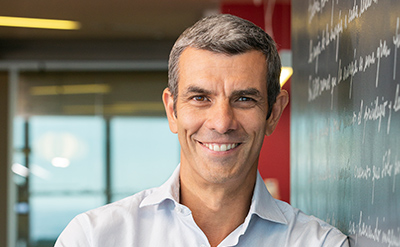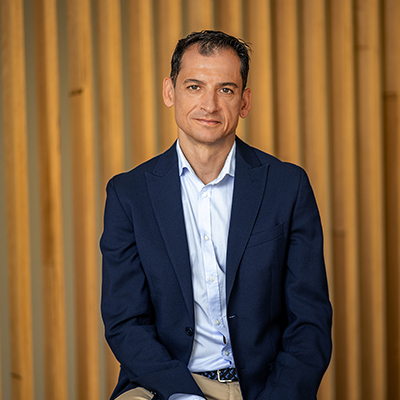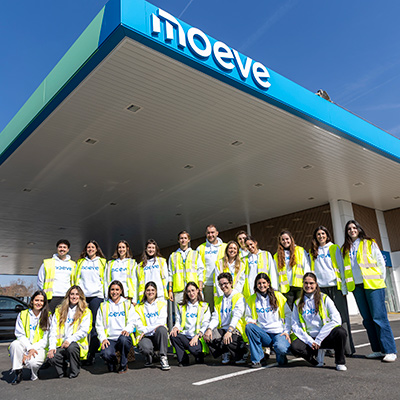- The executive joined Cepsa in 2021 as Chief Transformation Officer, with the aim of leading the areas of transformation and change management of the company. During the last few months, he has been in charge of the project for the construction of the second-generation biofuel plant in Huelva, alongside Bio-Oils
“The appointment of Matteo Vaglio will allow us to continue accelerating the development of 2G Biofuels, as one of our main levers to help decarbonize our customers’ activity, promoting more sustainable transportation by land, sea and air, immediately, without the need to change conventional engines. His previous experience in transformation and his ability to integrate and mobilize the great knowledge that exists across the various teams at Cepsa will be decisive for the development of our biofuels business, a market that Cepsa is determined to lead this decade,” said Carlos Barrasa, Executive Vice President, Commercial & Clean Energies.
Vaglio said: “I accept the challenge of leading Biofuels with the same sense of responsibility that I feel for accelerating the energy transition. I join an experienced and highly talented team, at an exciting time after the recent announcement of the start of the construction, together with Bio-Oils, of the largest 2G biofuels plant in southern Europe, a milestone in our strategy, which, together with the existing facilities of Cepsa and Bio-Oils, will allow us to double our current capacity for renewable diesel and SAF production, reaching 1 million tons per year.”
The new Cepsa Biofuels manager holds a degree in Economics and Business Administration from the Bocconi University of Milan and an MBA from the Instituto de Empresa. Previously, as a partner at McKinsey, Vaglio worked in companies in different industries and countries (including Italy, the United Kingdom, Portugal, Switzerland, Turkey, Brazil, and Mexico), with a focus on strategic planning, transformation programs, and change management.
Biofuels, a solution for accelerating the energy transition
Biofuels are a present-day solution for accelerating the decarbonization of transportation, a sector that currently accounts for 15% of global CO2emissions. They're a strategic technology for achieving an immediate energy transition that during the entire life cycle can reduce CO2 emissions by up to 90% compared to traditional fuels, making them a fast way to promote the decarbonization of transportation.
The creation by Cepsa in Andalucia of one of the largest renewable fuel complexes in Europe is part of its goal of leading 2G biofuel production in Spain and Portugal. By 2030, the company aspires to have an annual production capacity of 2.5 million tons of biofuels, of which 800,000 tons will be SAF, enough sustainable aviation fuel to fly over the planet 2,000 times.
Since 2022, Cepsa has been producing and marketing 2G biofuels to its customers in the aviation, maritime, and land sectors, and last year it became the first company to offer SAF permanently in five of the main Spanish airports: Madrid, Barcelona, Palma de Mallorca, Seville, and Malaga. In addition, the energy company also offers these biofuels at 60 Spanish ports and last year began offering 100% renewable diesel (HVO) to professional customers, both at its service stations and directly at the facilities of several companies.




